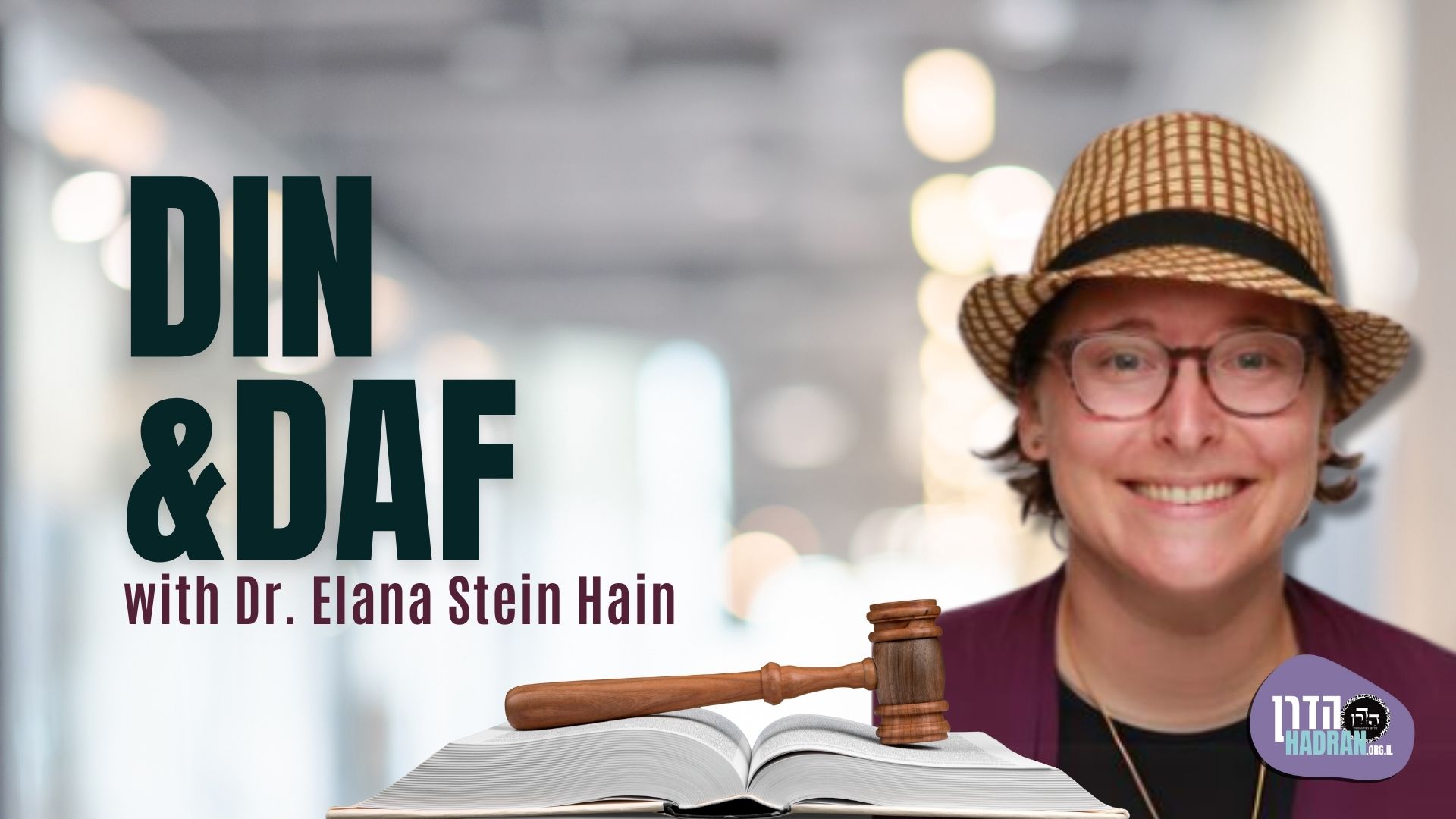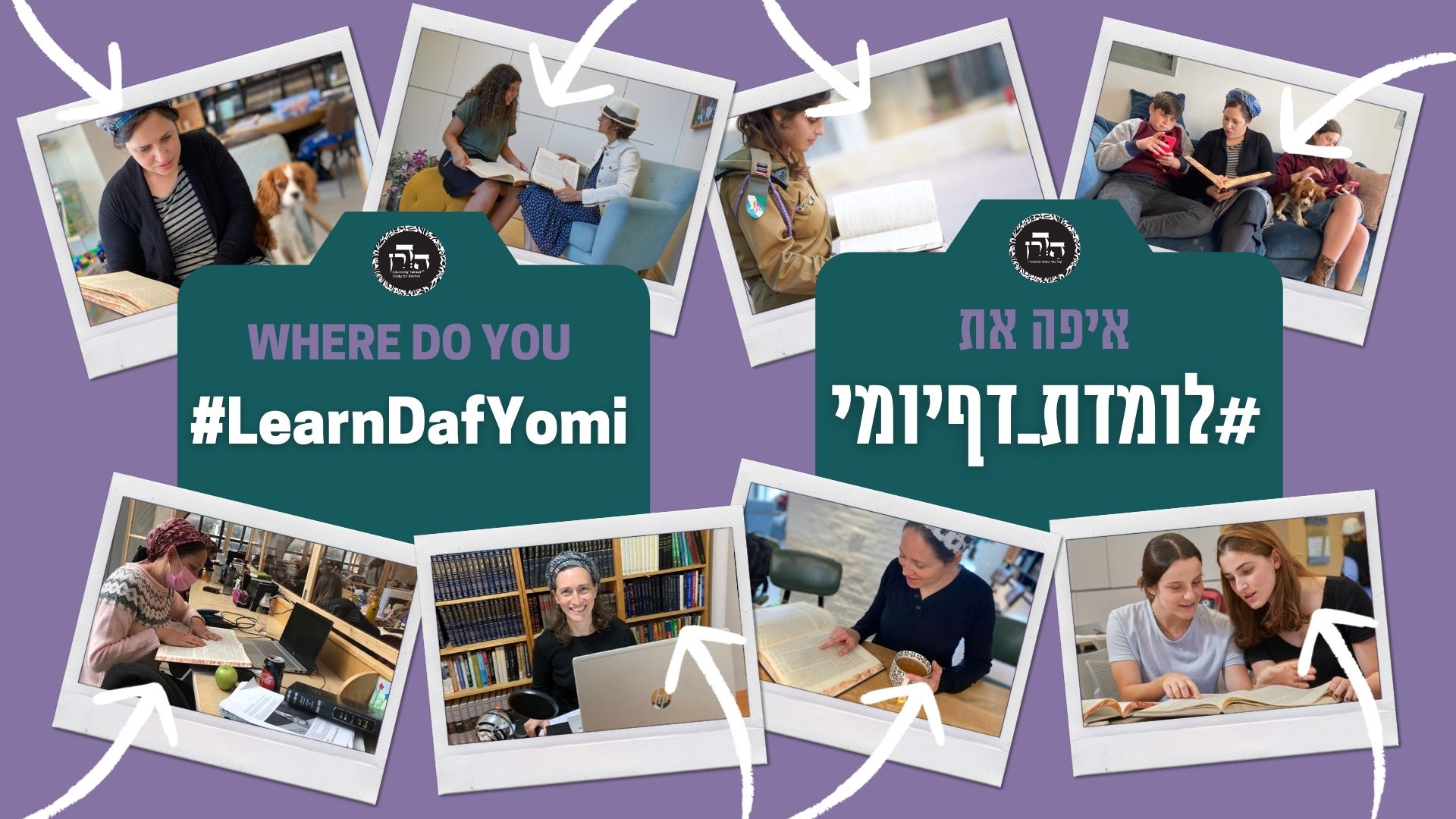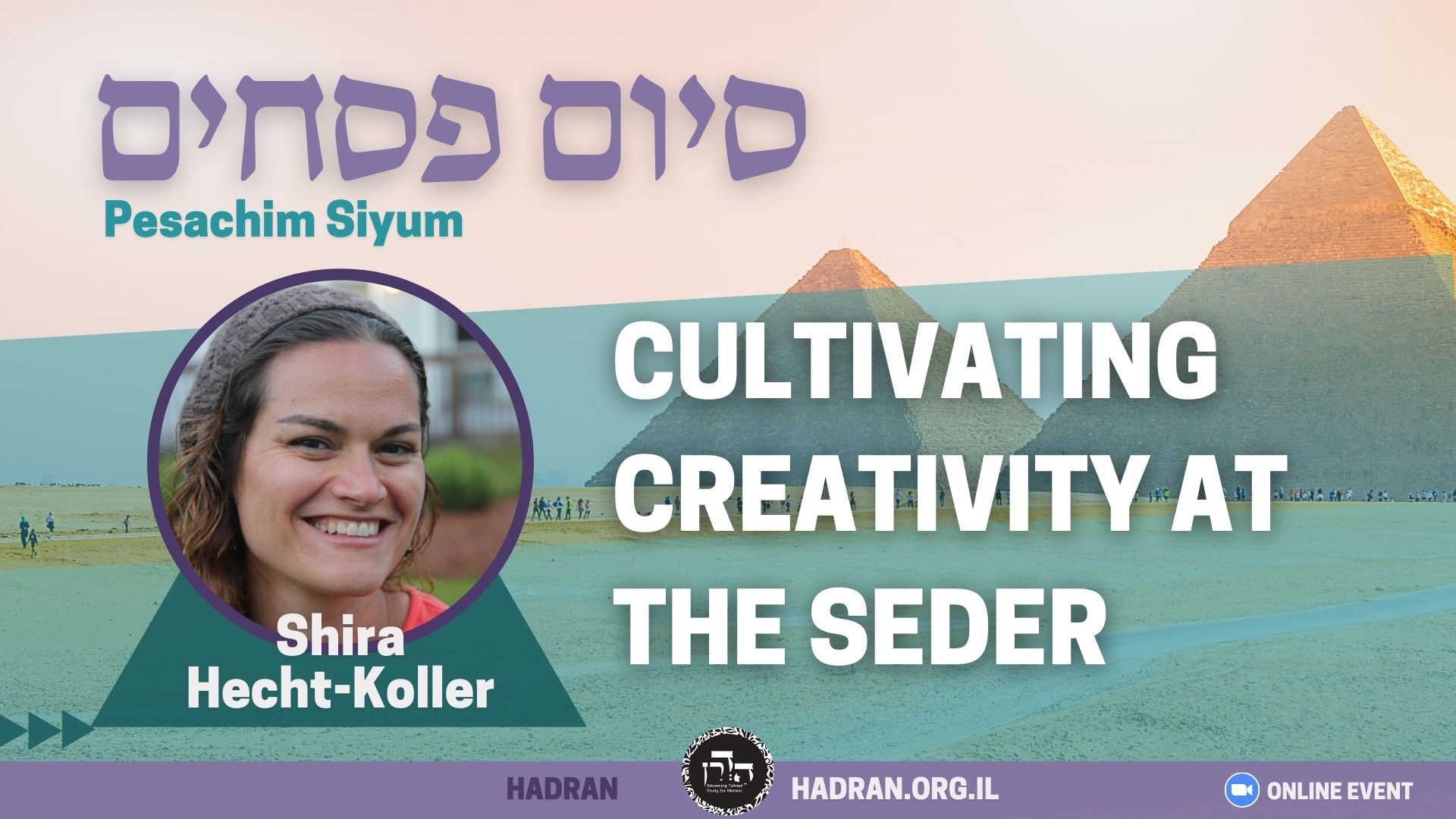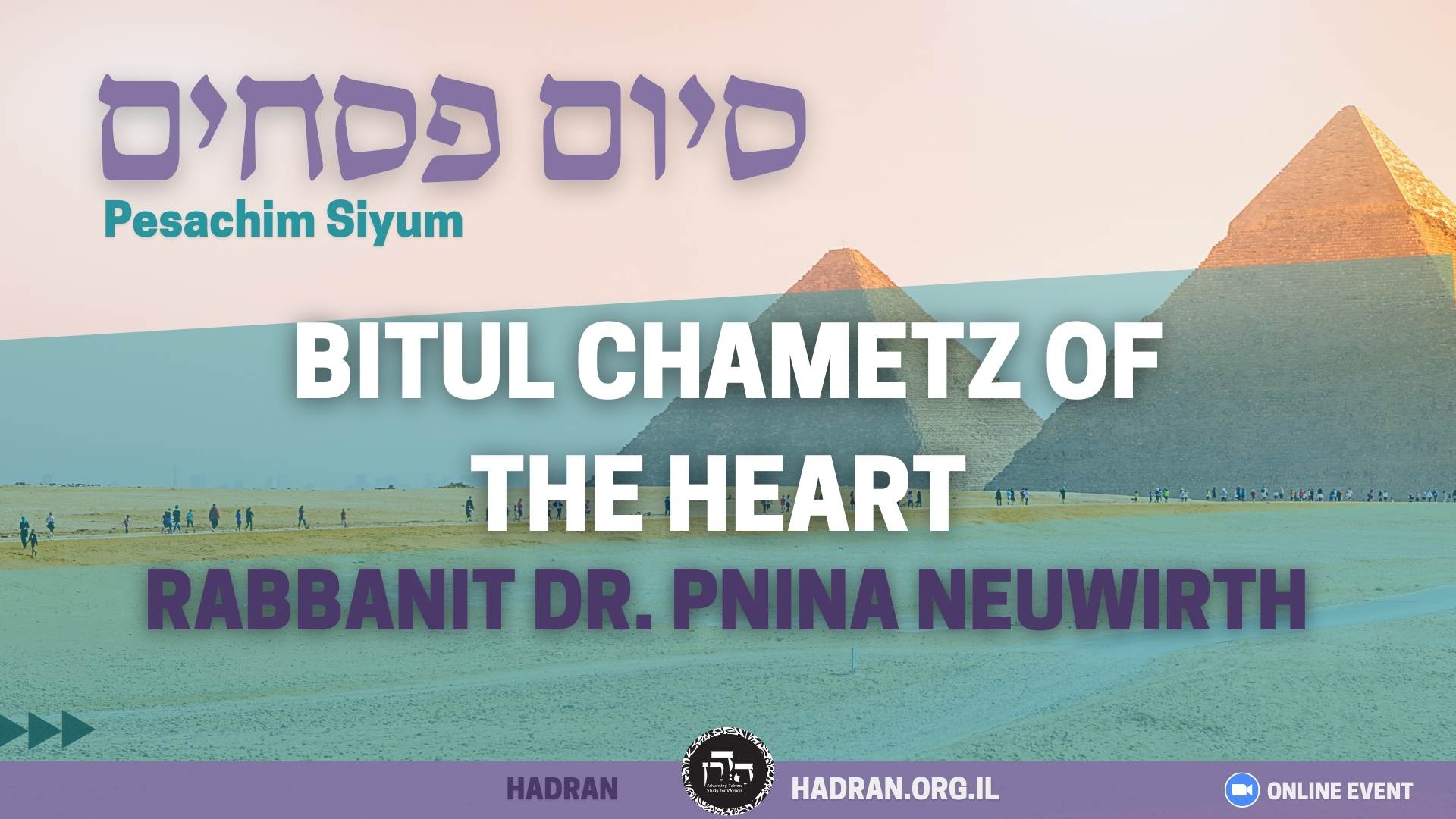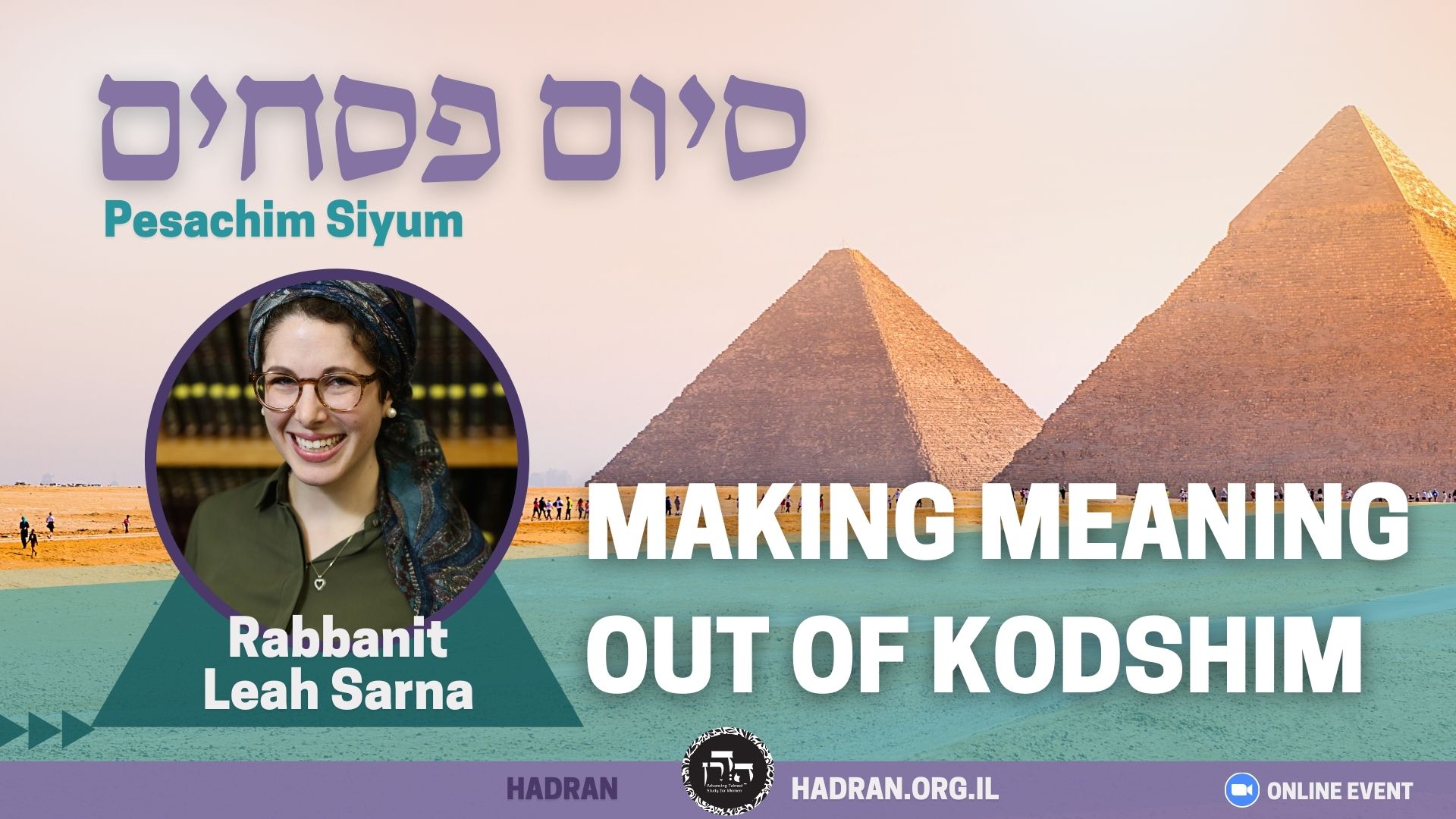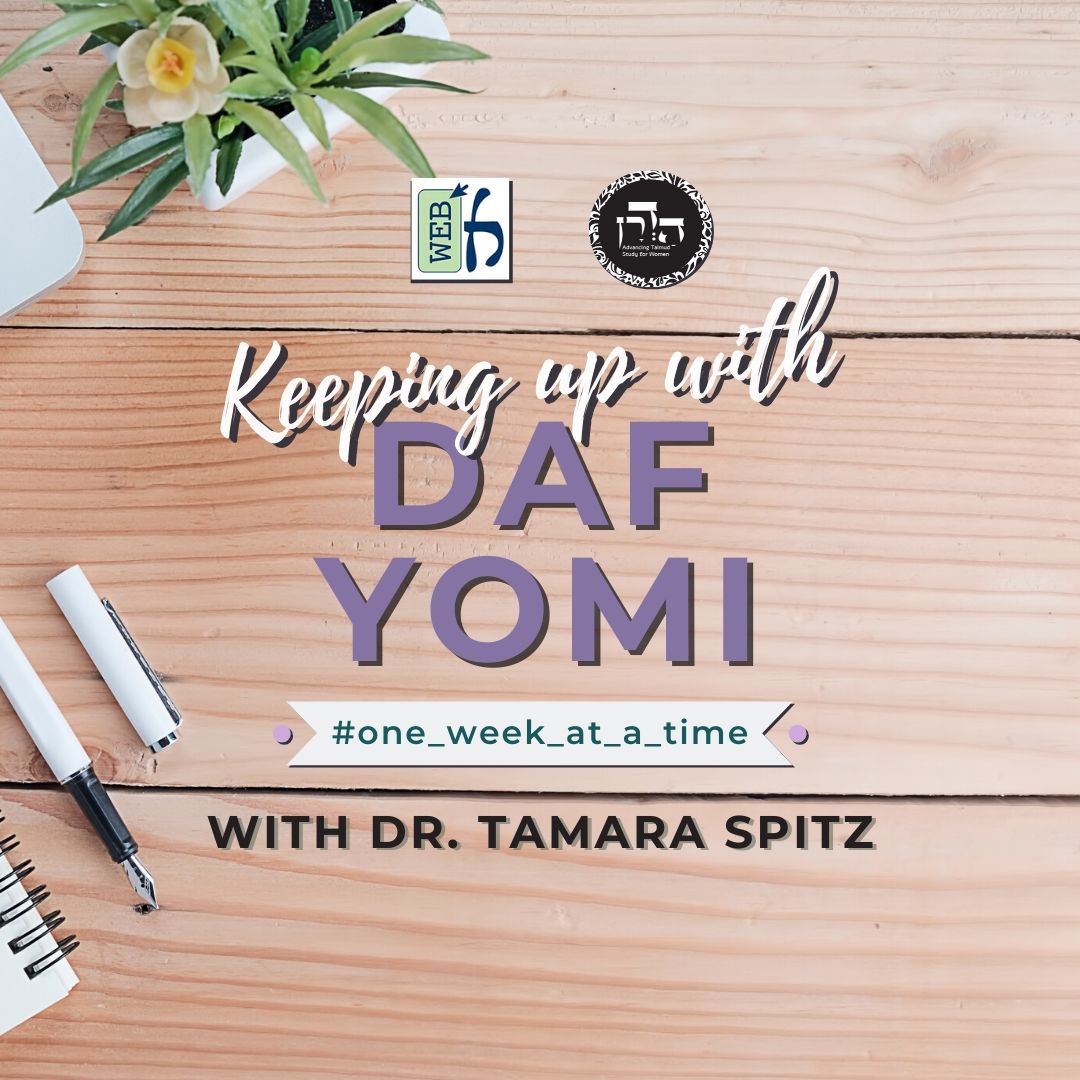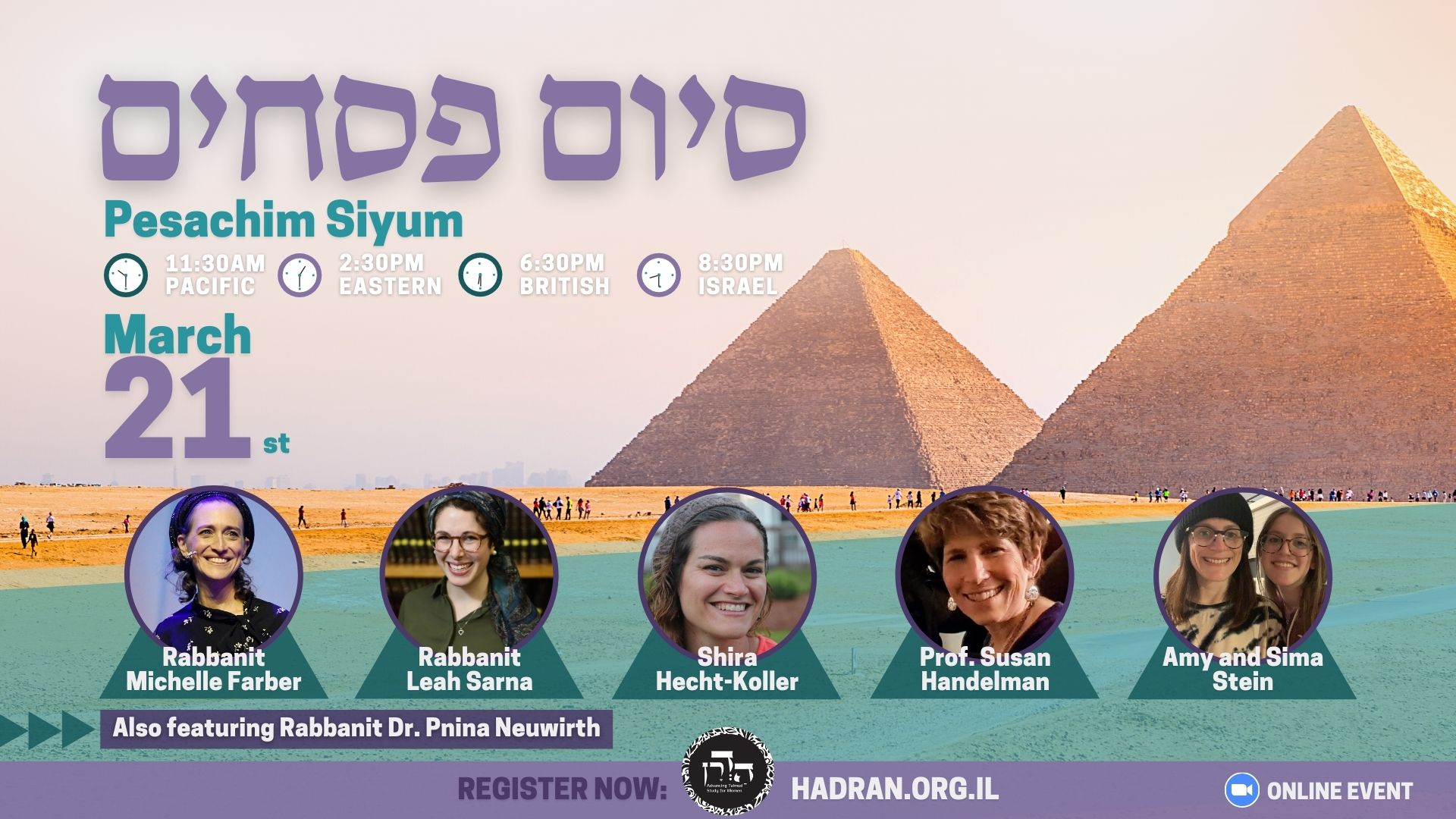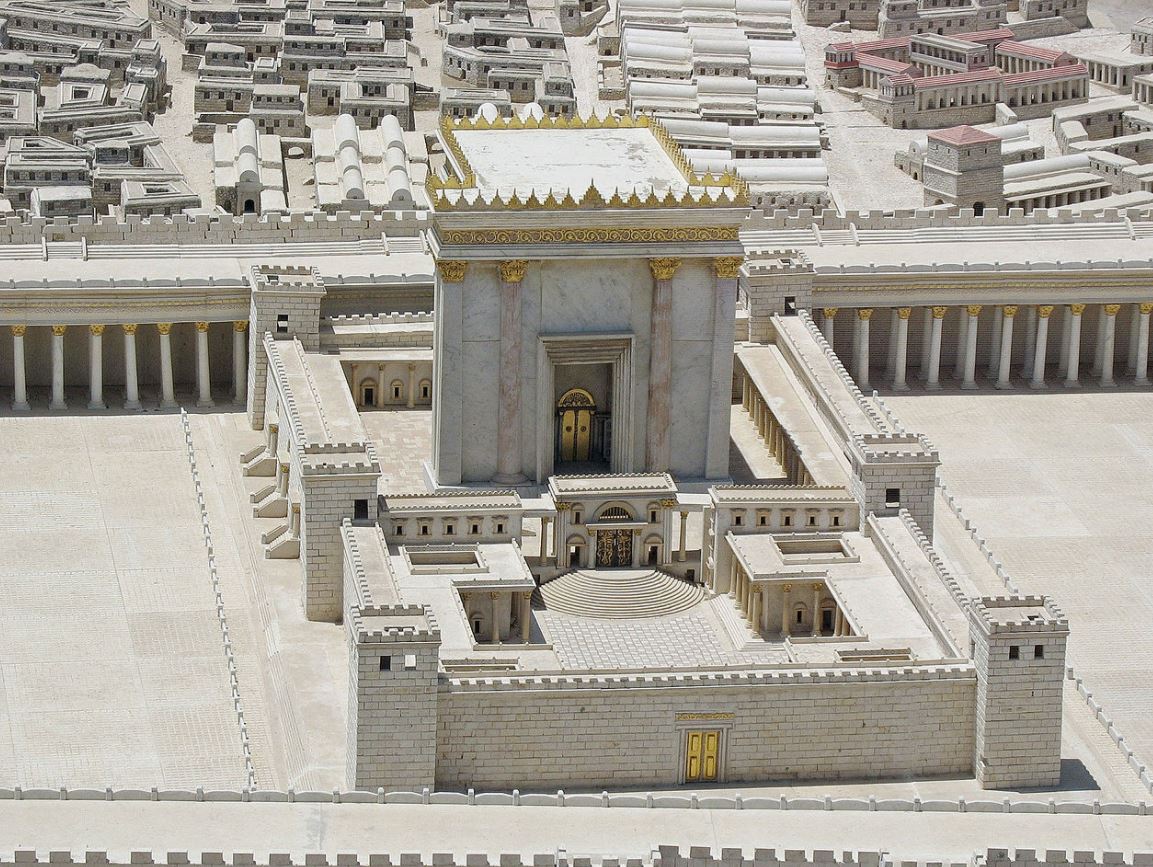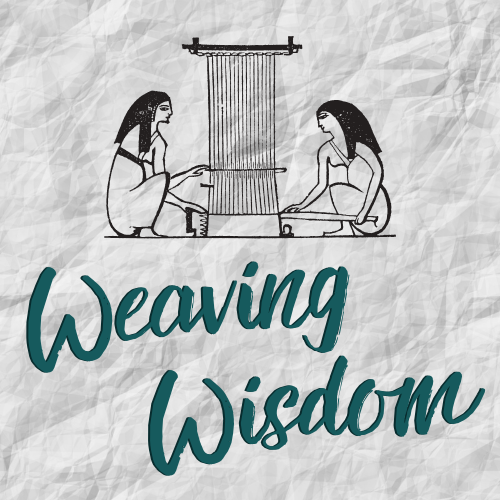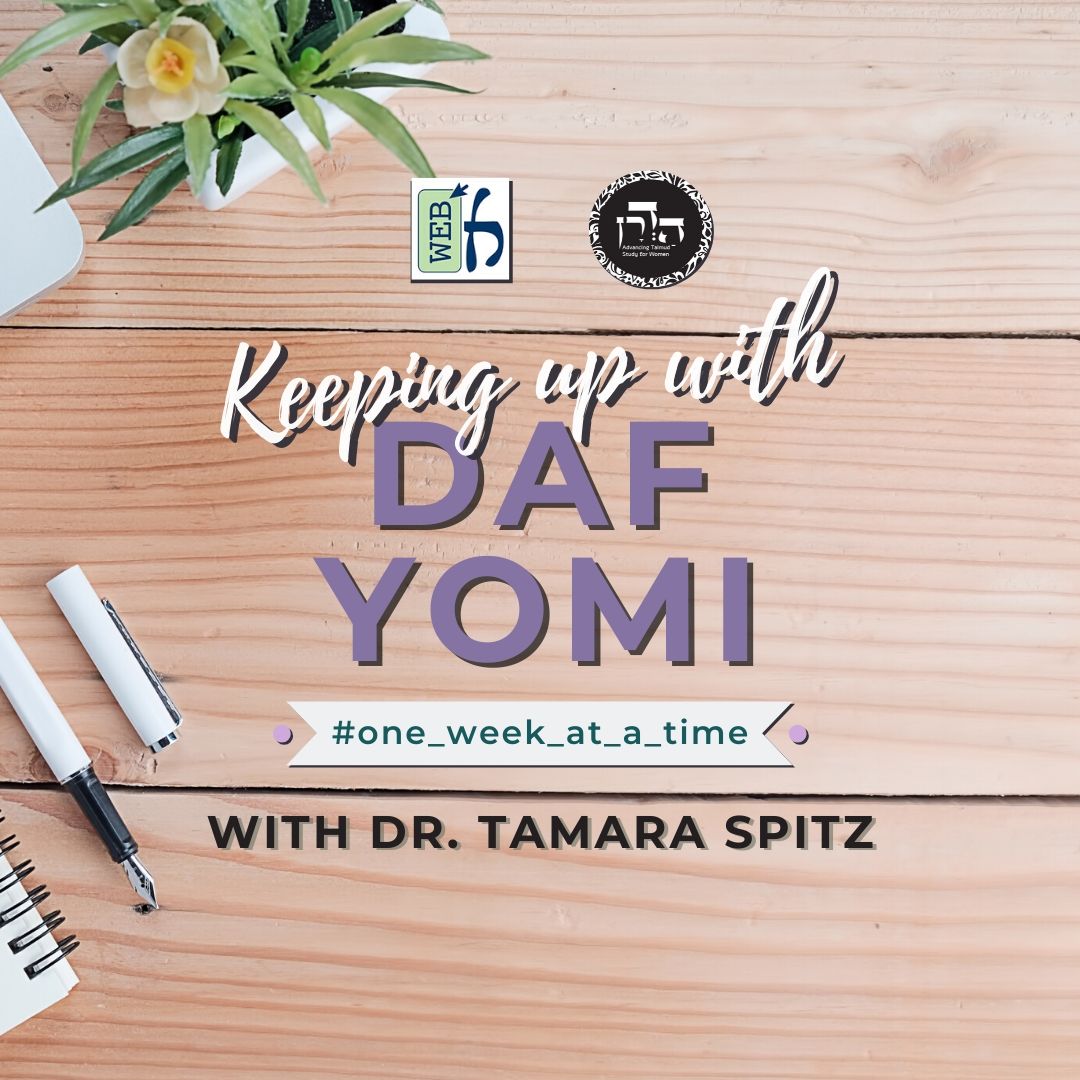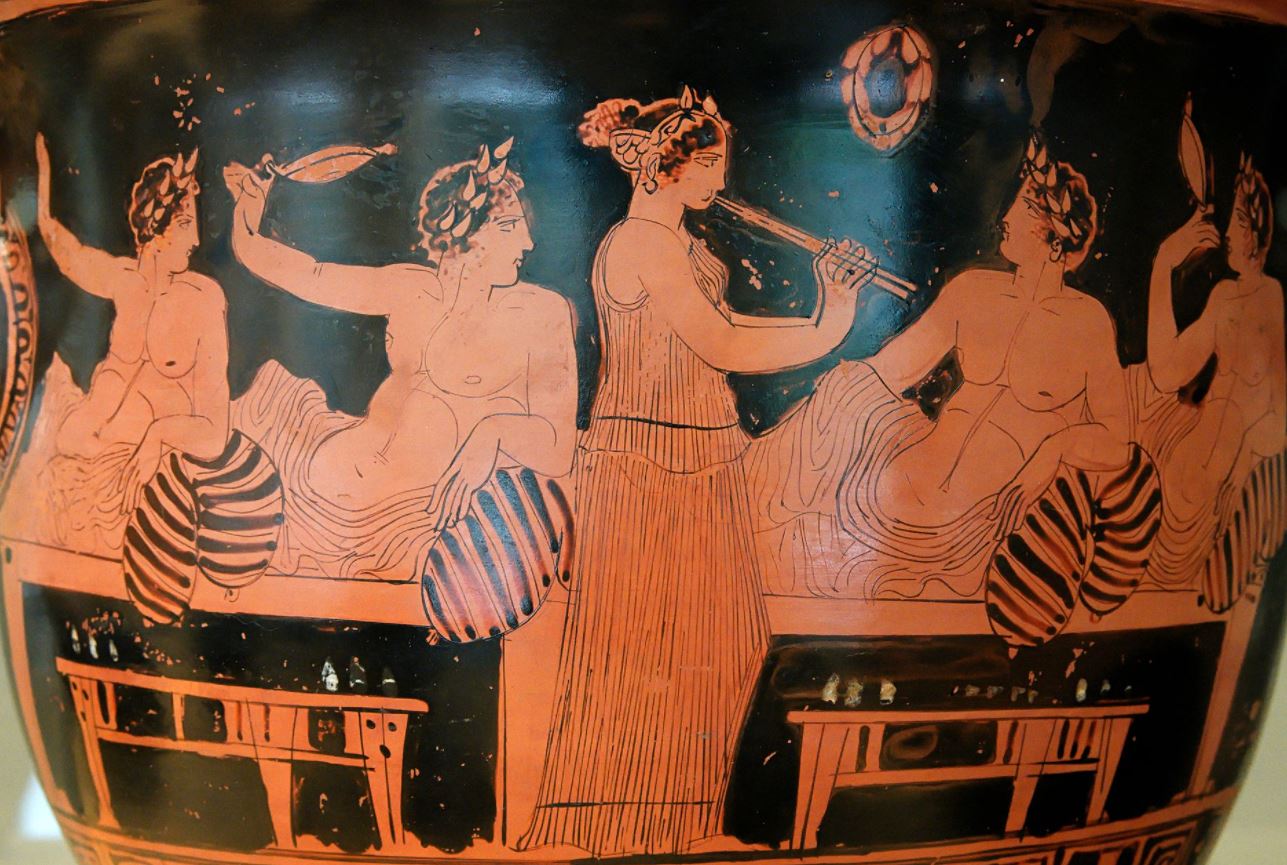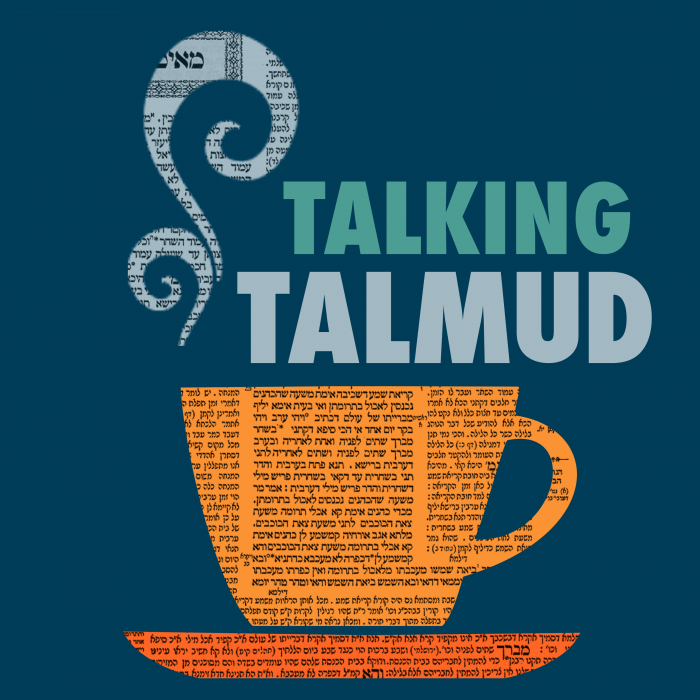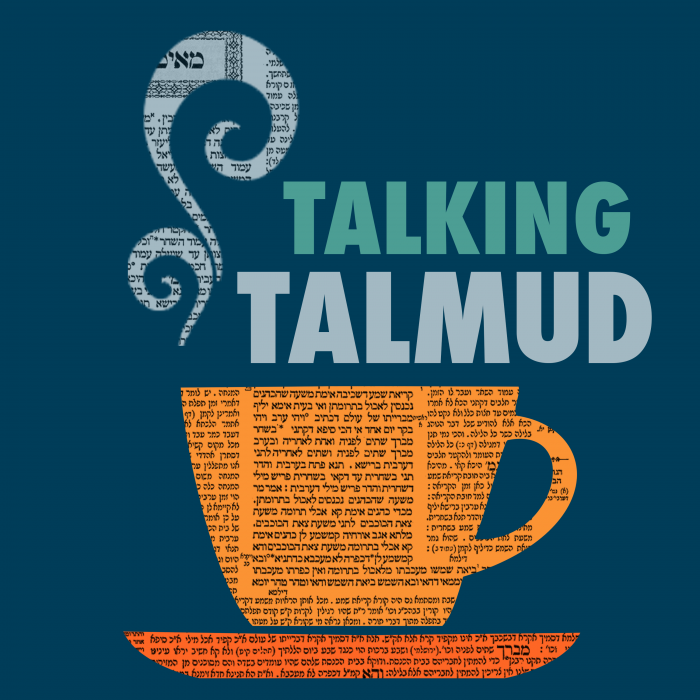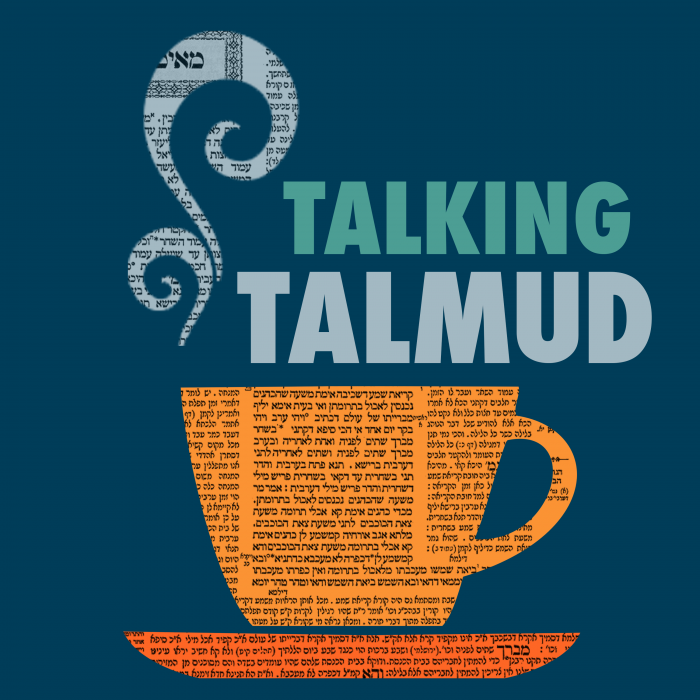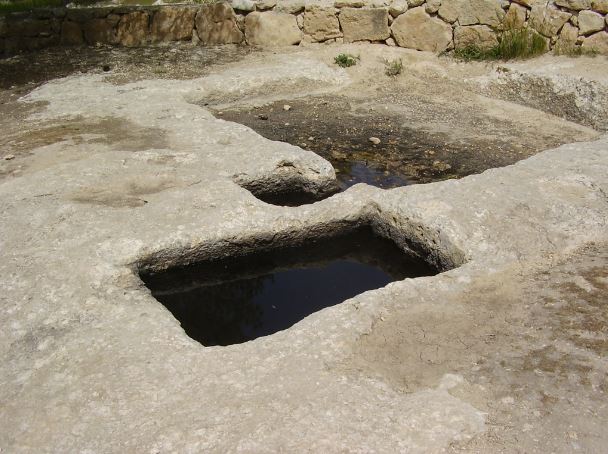The gemara brings a debate regarding various words in the Torah that end with “יה” – are they written as one word or two. What is the meaning of the word הללויה? Who is the writing/first recitation of Hallel attributed to? Was the book of Psalms written by David as personal prayers or prayers for the community? Many Psalms begin with introductory words – what is the meaning of each of the different words? What state of mind should one be in before getting a prophecy, teaching a halacha and having a good dream? The gemara brings a list of people/situations throughout Jewish history who said Hallel. In what situations does one say Hallel? The word הללויה appears sometimes at the beginning and sometimes at the end of a chapter of Psalms. The gemara mentions several of them and discusses whether they are meant to be the last word of the chapter or the beginning of the next. Why is the blessing of the redeemer of Israel sometimes used in the present tense and sometimes past tense? The gemara discusses other places where similar blessings end with different wording. The third cup is said on birkhat hamazon and the fourth on the end of Hallel. One can drink other wine between all the cups, other than the last two.
This month’s learning is dedicated to the refuah shleima of our dear friend, Phyllis Hecht, גיטל פעשא בת מאשה רחל by all her many friends who love and admire her. Phyllis’ emuna, strength, and positivity are an inspiration.
Want to dedicate learning? Get started here:


Today’s daily daf tools:
This month’s learning is dedicated to the refuah shleima of our dear friend, Phyllis Hecht, גיטל פעשא בת מאשה רחל by all her many friends who love and admire her. Phyllis’ emuna, strength, and positivity are an inspiration.
Today’s daily daf tools:
Delve Deeper
Broaden your understanding of the topics on this daf with classes and podcasts from top women Talmud scholars.
New to Talmud?
Check out our resources designed to help you navigate a page of Talmud – and study at the pace, level and style that fits you.
The Hadran Women’s Tapestry
Meet the diverse women learning Gemara at Hadran and hear their stories.
Pesachim 117
אָמַר רַב חִסְדָּא אָמַר רַבִּי יוֹחָנָן: ״הַלְלוּיָהּ״ וְ״כֵסְיָהּ״ וִ״ידִידְיָה״ — אַחַת הֵן. רַב אָמַר: ״כֵּסְיָהּ״ וּ״מֶרְחַבְיָהּ״ — אַחַת הֵן. רַבָּה אָמַר: ״מֶרְחַבְיָהּ״ בִּלְבַד.
The mishna states that we will say before Him: Halleluya. The Gemara discusses the meaning of this term. Rav Ḥisda said that Rabbi Yoḥanan said: The word halleluya and the word kesya (Exodus 17:16) and the name Yedidya (II Samuel 12:25) are each regarded as a single word, not an amalgamation of two smaller words, i.e., Hallelu–ya. Rav said that kesya and merḥavya (Psalms 118:5) are single words. Rabba said: Only merḥavya is a single word; the others are two words.
אִיבַּעְיָא לְהוּ: ״מֶרְחָב יָהּ״ לְרַב חִסְדָּא, מַאי? תֵּיקוּ.
A dilemma was raised before the Sages: According to the opinion of Rav Ḥisda, what is the status of merḥavya? Is it counted as two words or one? This dilemma was raised because Rav Ḥisda himself did not mention this term. No answer was found for this dilemma, and therefore the Gemara states: Let it stand unresolved.
אִיבַּעְיָא לְהוּ: ״יְדִידְיָהּ״ לְרַב, מַאי? תָּא שְׁמַע, דְּאָמַר רַב: ״יְדִידְיָהּ״ נֶחְלָק לִשְׁנַיִם, לְפִיכָךְ: יְדִיד חוֹל, יָהּ קוֹדֶשׁ.
Another dilemma was raised before the Sages: According to the opinion of Rav, what is the status of the name Yedidya? The Gemara answers: Come and hear, as Rav said explicitly: Yedidya is divided into two separate names. Therefore, yedid is a mundane word, whereas ya is a sacred name, which must be treated respectfully like the other sacred names of God.
אִיבַּעְיָא לְהוּ: ״הַלְלוּיָהּ״ לְרַב, מַאי? תָּא שְׁמַע, דְּאָמַר רַב: חֲזֵינָא תִּילֵּי דְּבֵי חַבִּיבָא דִּכְתִיב בְּהוּ ״הַלְלוּ״ בְּחַד גִּיסָא, וְ״יָהּ״ בְּחַד גִּיסָא.
A dilemma was raised before the Sages: According to the opinion of Rav, what is the status of halleluya? Is it one word or two? The Gemara answers: Come and hear, as Rav said: I saw a book of Psalms in the study hall of my uncle, Rabbi Ḥiyya, in which the word hallelu is written on one side, at the end of a line, and ya was written on one side, at the beginning of the next line. This shows that the word halleluya can indeed be split in two.
וּפְלִיגָא דְּרַבִּי יְהוֹשֻׁעַ בֶּן לֵוִי, דְּאָמַר רַבִּי יְהוֹשֻׁעַ בֶּן לֵוִי: מַאי ״הַלְלוּיָהּ״? הַלְּלוּהוּ בְּהִלּוּלִים הַרְבֵּה.
The Gemara comments: This opinion disputes that of Rabbi Yehoshua ben Levi, as Rabbi Yehoshua ben Levi said: What is the meaning of the word halleluya? It means praise Him [halleluhu] with many praises [hillulim]. According to this opinion, the ya at the end of the word is a superlative, not a divine name.
ופְלִיגָא דִּידֵיהּ אַדִּידֵיהּ, דְּאָמַר רַבִּי יְהוֹשֻׁעַ בֶּן לֵוִי: בַּעֲשָׂרָה מַאֲמָרוֹת שֶׁל שֶׁבַח נֶאֱמַר סֵפֶר תְּהִלִּים: בְּ״נִיצּוּחַ״, בְּ״נִגּוּן״, בְּ״מַשְׂכִּיל״, בְּ״מִזְמוֹר״, בְּ״שִׁיר״, בְּ״אַשְׁרֵי״, בִּ״תְהִלָּה״, בִּ״תְפִלָּה״, בְּ״הוֹדָאָה״, בְּ״הַלְלוּיָהּ״. גָּדוֹל מִכּוּלָּן ״הַלְלוּיָהּ״, שֶׁכּוֹלֵל שֵׁם וָשֶׁבַח בְּבַת אַחַת.
The Gemara adds: This statement of Rabbi Yehoshua ben Levi disagrees with another ruling that he himself issued, as Rabbi Yehoshua ben Levi said: The book of Psalms is said by means of ten expressions of praise: By nitzuaḥ, niggun, maskil, mizmor, shir, ashrei, tehilla, tefilla, hoda’a, and halleluya. He continues: The greatest of them all is halleluya, as it includes God’s name and praise at one time. This statement indicates that Rabbi Yehoshua ben Levi considers halleluya to be a combination of two words, one of which is the name of God.
אָמַר רַב יְהוּדָה אָמַר שְׁמוּאֵל: שִׁיר שֶׁבַּתּוֹרָה, מֹשֶׁה וְיִשְׂרָאֵל אֲמָרוּהוּ בְּשָׁעָה שֶׁעָלוּ מִן הַיָּם. וְהַלֵּל זֶה מִי אֲמָרוֹ? נְבִיאִים שֶׁבֵּינֵיהֶן תִּקְּנוּ לָהֶן לְיִשְׂרָאֵל שֶׁיְּהוּ אוֹמְרִין אוֹתוֹ עַל כׇּל פֶּרֶק וּפֶרֶק, וְעַל כׇּל צָרָה וְצָרָה שֶׁלֹּא תָּבֹא עֲלֵיהֶן. וְלִכְשֶׁנִּגְאָלִין, אוֹמְרִים אוֹתוֹ עַל גְּאוּלָּתָן.
Rav Yehuda said that Shmuel said: The song in the Torah, i.e., the Song at the Sea (Exodus 15:1–19), Moses and the Jewish people recited it when they ascended from the sea. The Gemara asks: And who said this hallel mentioned in the mishna, Psalms 113–118? The Gemara answers: The Prophets among them established this hallel for the Jewish people, that they should recite it on every appropriate occasion; and for every trouble, may it not come upon them, they recite the supplications included in hallel. When they are redeemed, they recite it over their redemption, as hallel includes expressions of gratitude for the redemption.
תַּנְיָא, הָיָה רַבִּי מֵאִיר אוֹמֵר: כׇּל תּוּשְׁבָּחוֹת הָאֲמוּרוֹת בְּסֵפֶר תְּהִלִּים כֻּלָּן דָּוִד אֲמָרָן, שֶׁנֶּאֱמַר: ״כׇּלּוּ תְפִלּוֹת דָּוִד בֶּן יִשָׁי״ — אַל תִּיקְרֵי ״כׇּלּוּ״, אֶלָּא ״כׇּל אֵלּוּ״.
It was taught in a baraita that Rabbi Meir would say: All the praises stated in the book of Psalms were recited by David, as it is stated: “The prayers of David, son of Yishai, are ended [kalu]” (Psalms 72:20). Do not read kalu; rather, read kol elu, all of these, which indicates that the entire book of Psalms consists of the prayers of King David.
הַלֵּל זֶה מִי אֲמָרוֹ? רַבִּי יוֹסֵי אוֹמֵר, אֶלְעָזָר בְּנִי אוֹמֵר: מֹשֶׁה וְיִשְׂרָאֵל אֲמָרוּהוּ בְּשָׁעָה שֶׁעָלוּ מִן הַיָּם. וַחֲלוּקִין עָלָיו חֲבֵירָיו לוֹמַר שֶׁדָּוִד אֲמָרוֹ. וְנִרְאִין דְּבָרָיו מִדִּבְרֵיהֶן. אֶפְשָׁר יִשְׂרָאֵל שָׁחֲטוּ אֶת פִּסְחֵיהֶן וְנָטְלוּ לוּלְבֵיהֶן וְלֹא אָמְרוּ שִׁירָה?!
The Gemara clarifies: According to those who dispute Rabbi Meir’s claim that the entire book of Psalms was composed by King David, who recited this hallel? Rabbi Yosei says: My son Elazar says that Moses and the Jewish people recited it when they ascended from the sea. And his colleagues dispute him, saying that it was recited by King David. And the statement of my son, Elazar, appears more accurate than their statement. The reason is as follows: Is it possible that the Jewish people slaughtered their Paschal lambs and took and waved their lulavim all those generations without reciting a song? Rather, the Jews must have recited a song each year. Since it is the custom to sing hallel nowadays, it is evidently an ancient institution.
דָּבָר אַחֵר: פִּסְלוֹ שֶׁל מִיכָה עוֹמֵד בִּבְכִי, וְיִשְׂרָאֵל אוֹמְרִים אֶת הַהַלֵּל?
Alternatively, is it possible that Micah’s idol stood in tears, and the Jewish people were reciting hallel before it? The reference is to the idol of Micah, which was still standing in the days of David (see Judges 17). The Gemara states that the idol was crying, as a euphemism for its laughter, to avoid shaming the Jewish people (ge’onim). The point is that the Jews would not have chanted: “They who make them shall be like them” (Psalms 115:8) at a time that they were worshipping idols. Rather, hallel must be older than that, and it dates back to the Song at the Sea.
תָּנוּ רַבָּנַן: כׇּל שִׁירוֹת וְתוּשְׁבָּחוֹת שֶׁאָמַר דָּוִד בְּסֵפֶר תְּהִלִּים, רַבִּי אֱלִיעֶזֶר אוֹמֵר: כְּנֶגֶד עַצְמוֹ אֲמָרָן. רַבִּי יְהוֹשֻׁעַ אוֹמֵר: כְּנֶגֶד צִיבּוּר אֲמָרָן. וַחֲכָמִים אוֹמְרִים: יֵשׁ מֵהֶן כְּנֶגֶד צִיבּוּר וְיֵשׁ מֵהֶן כְּנֶגֶד עַצְמוֹ. הָאֲמוּרוֹת בִּלְשׁוֹן יָחִיד — כְּנֶגֶד עַצְמוֹ, הָאֲמוּרוֹת בִּלְשׁוֹן רַבִּים — כְּנֶגֶד צִיבּוּר.
The Sages taught in a baraita that with regard to all the songs and praise that David recited in the book of Psalms, Rabbi Eliezer says: David said them about himself. They were the praises of an individual that were later transmitted to the community. Rabbi Yehoshua says: He originally said them about the community. He composed all of the psalms for the people, including those he wrote about himself. And the Rabbis say: There are among these psalms some that are about the community, and there are among these psalms some that are about himself. The Rabbis clarify their opinion: The psalms that are stated in the singular form are about himself, and those stated in the plural form are about the community.
״נִיצּוּחַ״ וְ״נִיגּוּן״ — לֶעָתִיד לָבֹא. ״מַשְׂכִּיל״ — עַל יְדֵי תּוּרְגְּמָן. ״לְדָוִד מִזְמוֹר״ — מְלַמֵּד שֶׁשָּׁרְתָה עָלָיו שְׁכִינָה וְאַחַר כָּךְ אָמַר שִׁירָה. ״מִזְמוֹר לְדָוִד״ — מְלַמֵּד שֶׁאָמַר שִׁירָה וְאַחַר כָּךְ שָׁרְתָה עָלָיו שְׁכִינָה.
The Gemara continues to discuss the book of Psalms. If a psalm begins with the terms nitzuaḥ or niggun, this indicates that its praise will be fulfilled in the future. Psalms that begin with the word maskil were delivered by means of a disseminator, a spokesman in a public address. The lecturer would speak softly, followed by a repetition of his discourse in the disseminator’s louder voice, so that everyone could hear. If a psalm begins: Of David a psalm, this teaches that the Divine Presence rested upon him first and afterward he recited the song. However, if a psalm opens with: A psalm of David, this teaches that he first recited the song, and afterward the Divine Presence rested upon him.
לְלַמֶּדְךָ שֶׁאֵין הַשְּׁכִינָה שׁוֹרָה, לֹא מִתּוֹךְ עַצְלוּת וְלֹא מִתּוֹךְ עַצְבוּת וְלֹא מִתּוֹךְ שְׂחוֹק וְלֹא מִתּוֹךְ קַלּוּת רֹאשׁ וְלֹא מִתּוֹךְ דְּבָרִים בְּטֵלִים, אֶלָּא מִתּוֹךְ דְּבַר שִׂמְחָה שֶׁל מִצְוָה. שֶׁנֶּאֱמַר: ״וְעַתָּה קְחוּ לִי מְנַגֵּן וְהָיָה כְּנַגֵּן הַמְנַגֵּן וַתְּהִי עָלָיו יַד ה׳״.
The Gemara adds: Incidentally, this serves to teach you that the Divine Presence rests upon an individual neither from an atmosphere of laziness, nor from an atmosphere of sadness, nor from an atmosphere of laughter, nor from an atmosphere of frivolity, nor from an atmosphere of idle chatter, but rather from an atmosphere imbued with the joy of a mitzva. As it is stated with regard to Elisha, after he became angry at the king of Israel, his prophetic spirit left him until he requested: “But now bring me a minstrel; and it came to pass when the minstrel played, that the hand of the Lord came upon him” (II Kings 3:15).
אָמַר רַב יְהוּדָה אָמַר רַב: וְכֵן לִדְבַר הֲלָכָה. אָמַר רַב נַחְמָן: וְכֵן לַחֲלוֹם טוֹב.
Rav Yehuda said that Rav said: And, so too, one should be joyful before stating a matter of halakha. Rav Naḥman said: And, so too, one should be joyful before going to sleep, to ensure he will have a good dream.
אִינִי?! וְהָאָמַר רַב גִּידֵּל אָמַר רַב: כׇּל תַּלְמִיד חָכָם הַיּוֹשֵׁב לִפְנֵי רַבּוֹ וְאֵין שִׂפְתוֹתָיו נוֹטְפוֹת מַר — תִּכָּוֶינָה, שֶׁנֶּאֱמַר: ״שִׂפְתוֹתָיו שׁוֹשַׁנִּים נוֹטְפוֹת מוֹר עוֹבֵר״. אַל תִּקְרֵי ״שׁוֹשַׁנִּים״, אֶלָּא ״שֶׁשּׁוֹנִים״. אַל תִּקְרֵי ״מוֹר עוֹבֵר״, אֶלָּא ״מַר עוֹבֵר״.
The Gemara asks: Is that so, that one should introduce matters of halakha joyfully? Didn’t Rav Giddel say that Rav said: Any Torah scholar who sits before his teacher and his lips are not dripping with bitterness due to fear of his teacher, those lips shall be burned, as it is stated: “His lips are as lilies [shoshanim] dripping with flowing myrrh [notefot mor over]” (Song of Songs 5:13). He interpreted homiletically: Do not read it as shoshanim, lilies; rather, read it as sheshonim, who are studying. Likewise, do not read it as mor over, flowing myrrh; rather, read it as mar over, flowing bitterness. In other words, lips that are studying Torah must be full of bitterness.
לָא קַשְׁיָא: הָא — בְּרַבָּה, הָא — בְּתַלְמִידָא.
The Gemara explains: This is not difficult; there is no contradiction here, as this statement, which teaches that one should introduce matters of halakha joyfully, is referring to a rabbi, and that statement, which teaches that one must be filled with bitterness, is referring to a student, who must listen to his teacher with trepidation.
וְאִי בָּעֵית אֵימָא: הָא וְהָא בְּרַבָּה, וְלָא קַשְׁיָא: הָא — מִקַּמֵּי דְּפָתַח, וְהָא — לְבָתַר דְּפָתַח. כִּי הָא דְּרַבָּה, מִקַּמֵּי דְּפָתַח לְהוּ לְרַבָּנַן, אָמַר מִילְּתָא דִּבְדִיחוּתָא וּבָדְחוּ רַבָּנַן, וּלְבַסּוֹף יָתֵיב בְּאֵימְתָא, וּפָתַח בִּשְׁמַעְתָּא.
And if you wish, say instead that this and that are referring to a rabbi, and it is not difficult. This statement, where it is taught that one must be joyful, is before one begins teaching; that statement, where it is taught that he must be filled with bitterness and trepidation, is after he already began teaching halakha. The Gemara adds: That explanation is like that practice of Rabba’s. Before he began teaching halakha to the Sages, he would say some humorous comment, and the Sages would be cheered. Ultimately, he sat in trepidation and began teaching the halakha.
תָּנוּ רַבָּנַן: הַלֵּל זֶה מִי אֲמָרוֹ? רַבִּי אֱלִיעֶזֶר אוֹמֵר: מֹשֶׁה וְיִשְׂרָאֵל אֲמָרוּהוּ בְּשָׁעָה שֶׁעָמְדוּ עַל הַיָּם. הֵם אָמְרוּ: ״לֹא לָנוּ ה׳ לֹא לָנוּ״, מְשִׁיבָה רוּחַ הַקּוֹדֶשׁ וְאָמְרָה לָהֶן: ״לְמַעֲנִי לְמַעֲנִי אֶעֱשֶׂה״. רַבִּי יְהוּדָה אוֹמֵר: יְהוֹשֻׁעַ וְיִשְׂרָאֵל אֲמָרוּהוּ בְּשָׁעָה שֶׁעָמְדוּ עֲלֵיהֶן מַלְכֵי כְנַעַן. הֵם אָמְרוּ: ״לֹא לָנוּ״, וּמְשִׁיבָה וְכוּ׳:
The Sages taught: This hallel, who initially recited it? Rabbi Eliezer says: Moses and the Jewish people recited it when they stood by the sea. They said: “Not to us, God, not to us, but to Your name give glory” (Psalms 115:1). The Divine Spirit responded and said to them: “For My own sake, for My own sake, will I do it” (Isaiah 48:11). Rabbi Yehuda says: Joshua and the Jewish people recited it when they defeated the kings of Canaan who stood against them (see Joshua 12:7–24). They said: Not to us, and the Divine Spirit responded: For My own sake.
רַבִּי אֶלְעָזָר הַמּוֹדָעִי אוֹמֵר: דְּבוֹרָה וּבָרָק אֲמָרוּהוּ בְּשָׁעָה שֶׁעָמַד עֲלֵיהֶם סִיסְרָא. הֵם אָמְרוּ: ״לֹא לָנוּ״, וְרוּחַ הַקּוֹדֶשׁ מְשִׁיבָה וְאוֹמֶרֶת לָהֶם: ״לְמַעֲנִי לְמַעֲנִי אֶעֱשֶׂה״. רַבִּי אֶלְעָזָר בֶּן עֲזַרְיָה אוֹמֵר: חִזְקִיָּה וְסִייעָתוֹ אֲמָרוּהוּ בְּשָׁעָה שֶׁעָמַד עֲלֵיהֶם סַנְחֵרִיב. הֵם אָמְרוּ: ״לֹא לָנוּ״, וּמְשִׁיבָה וְכוּ׳. רַבִּי עֲקִיבָא אוֹמֵר: חֲנַנְיָה מִישָׁאֵל וַעֲזַרְיָה אֲמָרוּהוּ בְּשָׁעָה שֶׁעָמַד עֲלֵיהֶם נְבוּכַדְנֶצַּר הָרָשָׁע. הֵם אָמְרוּ: ״לֹא לָנוּ״, וּמְשִׁיבָה וְכוּ׳. רַבִּי יוֹסֵי הַגְּלִילִי אוֹמֵר: מָרְדְּכַי וְאֶסְתֵּר אֲמָרוּהוּ בְּשָׁעָה שֶׁעָמַד עֲלֵיהֶם הָמָן הָרָשָׁע. הֵם אָמְרוּ: ״לֹא לָנוּ״, וּמְשִׁיבָה וְכוּ׳.
Rabbi Elazar HaModa’i says: Deborah and Barak recited it when Sisera stood against them (see Judges 4–5). They said: Not to us, and the Divine Spirit responded and said to them: For My own sake, for My own sake, will I do it. Rabbi Elazar ben Azarya says: Hezekiah and his company recited it when Sennacherib stood against them (see II Kings 18–19). They said: Not to us and the Divine Spirit responded: For My own sake. Rabbi Akiva says: Hananiah, Mishael, and Azariah recited it when the wicked Nebuchadnezzar stood against them (see Daniel 3). They said: Not to us, and the Divine Spirit responded: For My own sake. Rabbi Yosei HaGelili says: Mordecai and Esther recited it when the wicked Haman stood against them. They said: Not to us, and the Divine Spirit responded: For My own sake (see the book of Esther).
וַחֲכָמִים אוֹמְרִים: נְבִיאִים שֶׁבֵּינֵיהֶן תִּיקְּנוּ לָהֶם לְיִשְׂרָאֵל שֶׁיְּהוּ אוֹמְרִים אוֹתוֹ עַל כׇּל פֶּרֶק וּפֶרֶק וְעַל כׇּל צָרָה וְצָרָה שֶׁלֹּא תָּבֹא עֲלֵיהֶם לְיִשְׂרָאֵל. וְלִכְשֶׁנִּגְאָלִין, אוֹמְרִים אוֹתוֹ עַל גְּאוּלָּתָן.
And the Rabbis say that hallel was not established for any specific event, but the Prophets among them instituted that the Jewish people should recite it on every appropriate occasion, and for every trouble, may it not come upon the Jewish people. When they are redeemed, they recite it over their redemption.
אָמַר רַב חִסְדָּא: ״הַלְלוּיָהּ״ — סוֹף פִּירְקָא. רַבָּה בַּר רַב הוּנָא אָמַר: ״הַלְלוּיָהּ״ — רֵישׁ פִּירְקָא. אָמַר רַב חִסְדָּא: חֲזֵינָא לְהוּ לְתִילֵּי דְּבֵי רַב חָנִין בַּר רַב דִּכְתִיב בְּהוּ ״הַלְלוּיָהּ״ בְּאֶמְצַע פִּירְקָא. אַלְמָא מְסַפְּקָא לֵיהּ.
The Gemara continues to discuss the term halleluya. Rav Ḥisda said: The halleluya stated in the final verse in several Psalms signifies the end of a chapter. Rabba bar Rav Huna said: Halleluya marks the start of a new chapter, the beginning of the next psalm. Rav Ḥisda said: I saw a book of Psalms in the study hall of Rav Ḥanin bar Rav, in which it is written halleluya in the middle of the chapter, i.e., between the chapters, neither at the start of one psalm nor at the end of the next. Apparently, Rav Ḥanin bar Rav was uncertain where the word belonged.
אָמַר רַב חָנִין בַּר רָבָא: הַכֹּל מוֹדִים בִּ״תְהִלַּת ה׳ יְדַבֶּר פִּי וִיבָרֵךְ כׇּל בָּשָׂר שֵׁם קׇדְשׁוֹ לְעוֹלָם וָעֶד (הַלְלוּיָהּ)״, ״הַלְלוּיָהּ״ דְּבָתְרֵיהּ — רֵישׁ פִּירְקָא. ״רָשָׁע יִרְאֶה וְכָעָס שִׁנָּיו יַחֲרֹק וְנָמָס תַּאֲוַת רְשָׁעִים תֹּאבֵד״, ״הַלְלוּיָהּ״ דְּבָתְרֵיהּ — רֵישׁ פִּירְקָא. וְ״שֶׁעוֹמְדִים בְּבֵית ה׳״, ״הַלְלוּיָהּ״ דְּבָתְרֵיהּ — רֵישׁ פִּירְקָא.
Rav Ḥanin bar Rava said: Everyone concedes with regard to the verse: “My mouth shall speak the praise of the Lord; and let all flesh bless His holy name forever and ever” (Psalms 145:21), that the halleluya that follows, the opening word of the subsequent psalm, marks the start of the next chapter, not the conclusion of the previous one. Likewise, with regard to the verse: “The wicked shall see and be vexed; he shall gnash with his teeth, and melt away; the desire of the wicked shall perish” (Psalms 112:10), the halleluya that follows it, is the start of the next chapter. And similarly, with regard to: “You who stand in the house of the Lord” (Psalms 135:2) the halleluya that follows it, in verse 3, signifies the start of the next chapter.
קָרָאֵי מוֹסִיפִין אַף אֶת אֵלּוּ: ״מִנַּחַל בַּדֶּרֶךְ יִשְׁתֶּה עַל כֵּן יָרִים רֹאשׁ״, ״הַלְלוּיָהּ״ דְּבָתְרֵיהּ — רֵישׁ פִּירְקָא. ״רֵאשִׁית חׇכְמָה יִרְאַת ה׳ שֵׂכֶל טוֹב לְכׇל עוֹשֵׂיהֶם״, ״הַלְלוּיָהּ״ דְּבָתְרֵיהּ — רֵישׁ פִּירְקָא.
Those Sages who were expert in the verses of the Bible add these too: “He will drink of the brook in the way; therefore will he lift up the head” (Psalms 110:7); the halleluya that follows it, the first word of the subsequent psalm, is the start of the next chapter. With regard to the verse: “The fear of God is the beginning of wisdom; a good understanding have all they who practice them; His praise endures forever” (Psalms 111:10), the halleluya that follows it, marks the start of the next chapter.
נֵימָא כְּתַנָּאֵי: עַד הֵיכָן הוּא אוֹמֵר? בֵּית שַׁמַּאי אוֹמְרִים: עַד ״אֵם הַבָּנִים שְׂמֵחָה״, וּבֵית הִלֵּל אוֹמְרִים: עַד ״חַלָּמִישׁ לְמַעְיְנוֹ מָיִם״. וְתַנְיָא אִידַּךְ, עַד הֵיכָן הוּא אוֹמֵר? בֵּית שַׁמַּאי אוֹמְרִים: עַד ״בְּצֵאת יִשְׂרָאֵל מִמִּצְרָיִם״. וּבֵית הִלֵּל אוֹמְרִים: עַד ״לֹא לָנוּ ה׳ לֹא לָנוּ״.
The Gemara suggests: Let us say it is parallel to a dispute between the tanna’im, as we learned in the mishna: Until where does one recite hallel? Beit Shammai say: Until “A joyful mother of children, halleluya” (Psalms 113:9). And Beit Hillel say: Until “The flint into a fountain of waters” (Psalms 114:8). And it was taught in another source, a baraita: Until where does one recite hallel? Beit Shammai say: Until “When Israel came forth out of Egypt” (Psalms 114:1), the beginning of the first passage after “A joyful mother of children, halleluya.” And Beit Hillel say: Until “Not to us, God, not to us” (Psalms 115:1), which follows “the flint into a fountain of waters.”
מַאי לָאו, בְּהָא קָמִיפַּלְגִי: לְמַאן דְּאָמַר עַד ״אֵם הַבָּנִים שְׂמֵחָה״, סָבַר ״הַלְלוּיָהּ״ — רֵישׁ פִּירְקָא, וּמַאן דְּאָמַר עַד ״בְּצֵאת יִשְׂרָאֵל״, סָבַר ״הַלְלוּיָהּ״ — סוֹף פִּירְקָא.
What, is it not the case that the mishna and the baraita disagree concerning the following matter: According to the one who says that one must recite until “A joyful mother of children,” he maintains that the subsequent halleluya is the start of a chapter. And the one who said that one must recite until “When Israel came forth” maintains that halleluya is the end of the previous chapter. The mishna and the baraita disagree only with regard to when the word halleluya should be recited, at this point in the seder or when hallel is resumed after the meal.
רַב חִסְדָּא מְתָרֵץ לְטַעְמֵיהּ, דְּכוּלֵּי עָלְמָא סָבְרִי: ״הַלְלוּיָהּ״ — סוֹף פִּירְקָא. מַאן דְּאָמַר עַד ״בְּצֵאת יִשְׂרָאֵל״ שַׁפִּיר, וּמַאן דְּאָמַר עַד ״אֵם הַבָּנִים שְׂמֵחָה״, עַד — וְעַד בַּכְּלָל.
The Gemara rejects this contention: This is no proof, as Rav Ḥisda explains the difference between the mishna and the baraita in accordance with his reasoning, that everyone maintains that halleluya marks the end of a chapter. However, the one who said that one must recite until “When Israel came forth” spoke well, as he cites the beginning of the next verse. And the one who said that one must recite until “A joyful mother of children” means until and including, i.e., one finishes the entire verse including the word halleluya.
וְנֵימָא עַד ״הַלְלוּיָהּ״! וְכִי תֵּימָא דְּלָא יָדְעִינַן הֵי ״הַלְלוּיָהּ״ — וְנֵימָא ״הַלְלוּיָהּ״ שֶׁל ״אֵם הַבָּנִים שְׂמֵחָה״? קַשְׁיָא.
The Gemara asks: If so, let the tanna say: Until halleluya. And if you say that we would not know which halleluya he meant, let the tanna say: The halleluya of “A joyful mother of children.” The Gemara comments: This is indeed difficult for the opinion of Rav Ḥisda.
רַבָּה בַּר רַב הוּנָא מְתָרֵץ לְטַעְמֵיהּ: דְּכוּלֵּי עָלְמָא ״הַלְלוּיָהּ״ — רֵישׁ פִּירְקָא, מַאן דְּאָמַר עַד ״אֵם הַבָּנִים שְׂמֵחָה״ — שַׁפִּיר, וּמַאן דְּאָמַר עַד ״בְּצֵאת יִשְׂרָאֵל״, סָבַר: עַד — וְלֹא עַד בַּכְּלָל.
Likewise, Rabba bar Rav Huna explains the difference between the mishna and the baraita in accordance with his reasoning, that everyone agrees that halleluya signifies the start of a chapter. The one who said that one must recite until “A joyful mother of children” spoke well, and the one who said that one must recite until “When Israel came forth” maintains that the term means until and not including, as one does not conclude with the word halleluya after “A joyful mother of children.”
וְנֵימָא: עַד ״הַלְלוּיָהּ״, וְכִי תֵּימָא דְּלָא יָדְעִינַן הֵי ״הַלְלוּיָהּ״ — וְנֵימָא עַד ״הַלְלוּיָהּ״ שֶׁ״בְּצֵאת יִשְׂרָאֵל״? קַשְׁיָא.
The Gemara asks a similar question with regard to the opinion of Rabba bar Rav Huna: If so, let the tanna say: Until halleluya. And if you say that we would not know which halleluya he meant, let the tanna say: The halleluya of “When Israel came forth.” The Gemara comments: This is indeed difficult for Rabba bar Rav Huna’s opinion.
וְחוֹתֵם בִּגְאוּלָּה. אָמַר רָבָא: קְרִיאַת שְׁמַע וְהַלֵּל — ״גָּאַל יִשְׂרָאֵל״. דִּצְלוֹתָא — ״גּוֹאֵל יִשְׂרָאֵל״. מַאי טַעְמָא — דְּרַחֲמֵי נִינְהוּ.
And the mishna stated that one concludes this section of hallel with a blessing that refers to redemption. With regard to the dispute over how to conclude the blessing, Rava said: For the recitation of Shema and hallel on Passover, the wording of the final blessing is: Who redeemed Israel, in the past tense, whereas the seventh blessing of the weekday Amida prayer concludes with: Who redeems Israel, in the present tense. What is the reason for this difference? Prayer is a supplication for mercy and therefore one mentions and requests the anticipated redemption in his prayers.
אָמַר רַבִּי זֵירָא: דְּקִידּוּשָׁא — ״אֲשֶׁר קִדְּשָׁנוּ בְּמִצְוֹתָיו וְצִוָּנוּ״. דִּצְלוֹתָא — ״קַדְּשֵׁנוּ בְּמִצְוֹתֶיךָ״. מַאי טַעְמָא — דְּרַחֲמֵי נִינְהוּ.
Likewise, Rabbi Zeira said: The formula of kiddush is: Who sanctified us with His mitzvot and commanded us, in the past tense. In contrast, the formula in the Amida prayer is: Sanctify us with Your mitzvot, in the future tense. What is the reason for this difference? Prayer is a supplication for mercy, and one submits a request for the future.
אָמַר רַב אַחָא בַּר יַעֲקֹב: וְצָרִיךְ שֶׁיַּזְכִּיר יְצִיאַת מִצְרַיִם בְּקִידּוּשׁ הַיּוֹם. כְּתִיב הָכָא: ״לְמַעַן תִּזְכּוֹר אֶת יוֹם״. וּכְתִיב הָתָם: ״זָכוֹר אֶת יוֹם הַשַּׁבָּת לְקַדְּשׁוֹ״.
Rav Aḥa bar Ya’akov said: And one must mention the exodus from Egypt in the kiddush of Shabbat day, despite the fact that Shabbat is not directly connected to the Exodus. The proof is that here, with regard to Passover, it is written: “That you may remember the day when you came out of the land of Egypt all the days of your life” (Deuteronomy 16:3); and it is written there, with regard to Shabbat: “Remember the Shabbat day to sanctify it” (Exodus 20:8). By means of a verbal analogy of the word “day,” these verses teach that one must also recall the Exodus on Shabbat.
אָמַר רַבָּה בַּר שֵׁילָא: דִּצְלוֹתָא — ״מַצְמִיחַ קֶרֶן יְשׁוּעָה״, דְּאַפְטָרְתָּא — ״מָגֵן דָּוִד״.
The Gemara discusses the formulas of other prayers. Rabba bar Sheila said: The prayer that describes the future restoration of the kingship of Israel concludes with: He Who causes the horn of salvation to flourish, while the blessing recited after the haftara, the portion read from the Prophets, concludes with: Shield of David.
״וְעָשִׂיתִי לְךָ שֵׁם גָּדוֹל כְּשֵׁם הַגְּדוֹלִים״, תָּנֵי רַב יוֹסֵף: זֶהוּ שֶׁאוֹמְרִים ״מָגֵן דָּוִד״.
Incidentally, the Gemara cites the promise God issued to David through Nathan the Prophet: “And I will make you a great name, like the names of the great ones in the earth” (II Samuel 7:9). Rav Yosef teaches: This is the meaning of the phrase “like the names of the great ones,” that Jews will say: Shield of David, just as they say: Shield of Avraham.
אָמַר רַבִּי שִׁמְעוֹן בֶּן לָקִישׁ: ״וְאֶעֶשְׂךָ לְגוֹי גָּדוֹל״, זֶהוּ שֶׁאוֹמְרִים ״אֱלֹהֵי אַבְרָהָם״. ״וַאֲבָרֶכְךָ״, זֶהוּ שֶׁאוֹמְרִים ״אֱלֹהֵי יִצְחָק״. ״וַאֲגַדְּלָה שְׁמֶךָ״, זֶהוּ שֶׁאוֹמְרִים ״אֱלֹהֵי יַעֲקֹב״.
Rabbi Shimon ben Lakish said with regard to God’s blessing of Avraham: “And I will make of you a great nation, and I will bless you, and I will make your name great, and you will be a blessing” (Genesis 12:2). “And I will make of you a great nation”; this is fulfilled in the opening of the first blessing of the Amida, as Jews say: God of Abraham. “And I will bless you”; this is fulfilled when they say: God of Isaac, as it is a blessing for a father when the name of his son is eternalized. “And I will make your name great”; this is fulfilled when they say: God of Jacob.
יָכוֹל יְהוּ חוֹתְמִין בְּכוּלָּן? תַּלְמוּד לוֹמַר: ״וֶהְיֵה בְּרָכָה״. בְּךָ חוֹתְמִין, וְאֵין חוֹתְמִין בְּכוּלָּן.
One might have thought that Jews should conclude the first blessing of the Amida prayer with the names of all the forefathers; therefore the verse states: “And you will be a blessing” i.e., with you, Avraham, they will conclude the blessing, and they will not conclude with a mention of all of the forefathers. This is why the first blessing of the Amida prayer ends: Shield of Avraham.
אָמַר רָבָא: אַשְׁכַּחְתִּינָא לְסָבֵי דְפוּמְבְּדִיתָא דְּיָתְבִי וְקָאָמְרִי: בְּשַׁבְּתָא — בֵּין בִּצְלוֹתָא בֵּין בְּקִידּוּשָׁא: ״מְקַדֵּשׁ הַשַּׁבָּת״. בְּיוֹמָא טָבָא — בֵּין בִּצְלוֹתָא וּבֵין בְּקִידּוּשָׁא: ״מְקַדֵּשׁ יִשְׂרָאֵל וְהַזְּמַנִּים״. וְאָמֵינָא לְהוּ אֲנָא: אַדְּרַבָּה, דִּצְלוֹתָא — בֵּין בְּשַׁבְּתָא בֵּין בְּיוֹמָא טָבָא: ״מְקַדֵּשׁ יִשְׂרָאֵל״, בְּקִידּוּשָׁא דְשַׁבְּתָא: ״מְקַדֵּשׁ הַשַּׁבָּת״, בְּיוֹמָא טָבָא: ״מְקַדֵּשׁ יִשְׂרָאֵל וְהַזְּמַנִּים״.
Rava said: I found the Elders of Pumbedita sitting and saying: On Shabbat, both in prayer and in kiddush, one recites: Who sanctifies Shabbat. On a Festival, both in prayer and in kiddush one recites: Who sanctifies Israel and the seasons. And I said to them: On the contrary, in prayer, both on Shabbat and on a Festival, one should recite: Who sanctifies Israel. However, in the kiddush of Shabbat one should recite: Who sanctifies Shabbat, whereas in the kiddush of a Festival one should recite: Who sanctifies Israel and the seasons.
וַאֲנָא אָמֵינָא טַעְמָא דִידִי וְטַעְמָא דִידְכוּ. טַעְמָא דִידְכוּ: שַׁבָּת, דִּקְבִיעָא וְקַיְימָא — בֵּין בִּצְלוֹתָא וּבֵין בְּקִידּוּשָׁא: ״מְקַדֵּשׁ הַשַּׁבָּת״. יוֹמָא טָבָא, דְּיִשְׂרָאֵל הוּא דְּקָבְעִי לֵיהּ — דְּקָמְעַבְּרִי יַרְחֵי וְקָבְעִי לְשָׁנֵי: ״מְקַדֵּשׁ יִשְׂרָאֵל וְהַזְּמַנִּים״.
Rava further said to the Elders of Pumbedita: And I can say my reason and your reason. Your reason is that since Shabbat is established and permanent, i.e., it always occurs on the seventh day of the week, both in prayers and in kiddush one should recite: Who sanctifies Shabbat. It is not necessary for Israel to sanctify Shabbat, as it is permanently sanctified by God. Conversely, with regard to a Festival, as it is Israel who establishes it, as the Sages add extra days to certain months and establish years by intercalating them, one recites: Who sanctifies Israel and the seasons. This is Rava’s explanation of the reason for the ruling of the Elders of Pumbedita.
טַעְמָא דִידִי: צְלוֹתָא, דִּבְרַבִּים אִיתָא: ״מְקַדֵּשׁ יִשְׂרָאֵל״. קִידּוּשׁ, דִּבְיָחִיד אִיתָא, בְּשַׁבָּת: ״מְקַדֵּשׁ הַשַּׁבָּת״, בְּיוֹם טוֹב: ״מְקַדֵּשׁ יִשְׂרָאֵל וְהַזְּמַנִּים״.
Rava continues: My reason is that in the case of prayer, which is in public, one recites: Who sanctifies Israel, in honor of the community. Conversely, for kiddush, which is recited by an individual alone on Shabbat, one says: Who sanctifies Shabbat, as Israel does not sanctify Shabbat. On a Festival one recites: Who sanctifies Israel and the seasons. In this case, Israel is mentioned, as its Sages sanctify the Festivals.
וְלָא הִיא, צְלוֹתָא בְּיָחִיד מִי לֵיתֵיהּ? וְקִידּוּשָׁא בְּרַבִּים מִי לֵיתֵיהּ? וְרָבָא סָבַר: זִיל בָּתַר עִיקָּר.
The Gemara rejects Rava’s reason: And that is not so. Is there not also the prayer recited by a person who is alone; and is there not also kiddush in public? The above distinction is rendered meaningless in practice. But Rava maintains: Follow the main practice of each mitzva. Prayer is primarily a communal activity, whereas kiddush is fundamentally the obligation of each individual.
עוּלָּא בַּר רַב נְחֵית קַמֵּיהּ דְּרָבָא, אֲמַר כְּסָבֵי דְפוּמְבְּדִיתָא, וְלָא אֲמַר לֵיהּ וְלָא מִידֵּי. אַלְמָא הֲדַר בֵּיהּ רָבָא. רַב נָתָן אֲבוּהּ דְּרַב הוּנָא בְּרֵיהּ דְּרַב נָתָן נְחֵית קַמֵּיהּ דְּרַב פָּפָּא, אֲמַר כְּסָבֵי דְפוּמְבְּדִיתָא, וְשַׁבְּחֵיהּ רַב פָּפָּא.
The Gemara reports: Ulla bar Rav descended to lead the prayer service before Rava. He said the formula in accordance with the opinion of the Elders of Pumbedita, and Rava did not say anything to him. Apparently, Rava retracted his opinion and accepted the formula of the Elders of Pumbedita. Likewise, the Gemara relates: Rav Natan, father of Rav Huna, son of Rav Natan, descended to lead the prayer service before Rav Pappa and recited the liturgy in accordance with the opinion of the Elders of Pumbedita, and Rav Pappa praised him for his correct recitation.
אָמַר רָבִינָא: אֲנָא אִיקְּלַעִי לְסוּרָא קַמֵּיהּ דְּמָרִימָר, וּנְחֵית קַמֵּיהּ שְׁלוּחָא דְצִיבּוּרָא וַאֲמַר כְּסָבֵי דְפוּמְבְּדִיתָא, וַהֲווֹ מְשַׁתְּקִי לֵיהּ כּוּלֵּי עָלְמָא, אֲמַר לְהוּ: שִׁבְקוּהוּ הִילְכְתָא כְּסָבֵי דְפוּמְבְּדִיתָא, וְלָא הֲווֹ מְשַׁתְּקוּ לֵיהּ.
Ravina said: I happened to come to Sura before Mareimar, and the prayer leader descended before him and recited the liturgy in accordance with the opinion of the Elders of Pumbedita, and everyone tried to silence him, as they had never heard that version of the prayer before. Mareimar said to them: Leave him, as the halakha is in accordance with the opinion of the Elders of Pumbedita. And the people in attendance listened to him and no longer tried to silence the prayer leader, but allowed him to complete the prayer.
מַתְנִי׳ מָזְגוּ לוֹ כּוֹס שְׁלִישִׁי מְבָרֵךְ עַל מְזוֹנוֹ. רְבִיעִי גּוֹמֵר עָלָיו אֶת הַלֵּל, וְאוֹמֵר עָלָיו בִּרְכַּת הַשִּׁיר. בֵּין הַכּוֹסוֹת הַלָּלוּ, אִם רוֹצֶה לִשְׁתּוֹת — יִשְׁתֶּה, בֵּין שְׁלִישִׁי לִרְבִיעִי — לֹא יִשְׁתֶּה.
MISHNA: They poured for the leader of the seder the third cup of wine, and he recites the blessing over his food, Grace After Meals. Next, they pour him the fourth cup. He completes hallel over it, as he already recited the first part of hallel before the meal. And he also recites the blessing of the song at the end of hallel over the fourth cup. During the period between these cups, i.e., the first three cups established by the Sages, if one wishes to drink more he may drink; however, between the third cup and the fourth cup one should not drink.
גְּמָ׳ אֲמַר לֵיהּ רַב חָנָן לְרָבָא: שְׁמַע מִינַּהּ בִּרְכַּת הַמָּזוֹן טְעוּנָה כּוֹס. אֲמַר לֵיהּ: אַרְבַּע כָּסֵי תִּיקְּנוּ רַבָּנַן דֶּרֶךְ חֵירוּת, כֹּל חַד וְחַד נַעֲבֵיד בֵּיהּ מִצְוָה.
GEMARA: Ran Ḥanan said to Rava: Since the mishna states that Grace After Meals must be recited over the third cup, learn from it that Grace After Meals requires a cup of wine. Rava said to him: This is no proof, for although the Sages instituted the drinking of four cups in the manner of freedom, once the four cups are in place, with each and every one of them we will perform a mitzva, despite the fact that they were not originally instituted for this purpose. After the Sages instituted these four cups, they attached a special mitzva to each one. However, this does not prove that there is an obligation to recite Grace After Meals over a cup of wine during the rest of the year.
רְבִיעִי גּוֹמֵר עָלָיו אֶת הַהַלֵּל וְאוֹמֵר עָלָיו בִּרְכַּת הַשִּׁיר.
We learned in the mishna that they pour the leader of the seder the fourth cup and he completes hallel over it, and he recites the blessing of the song at the end of hallel over that cup.


